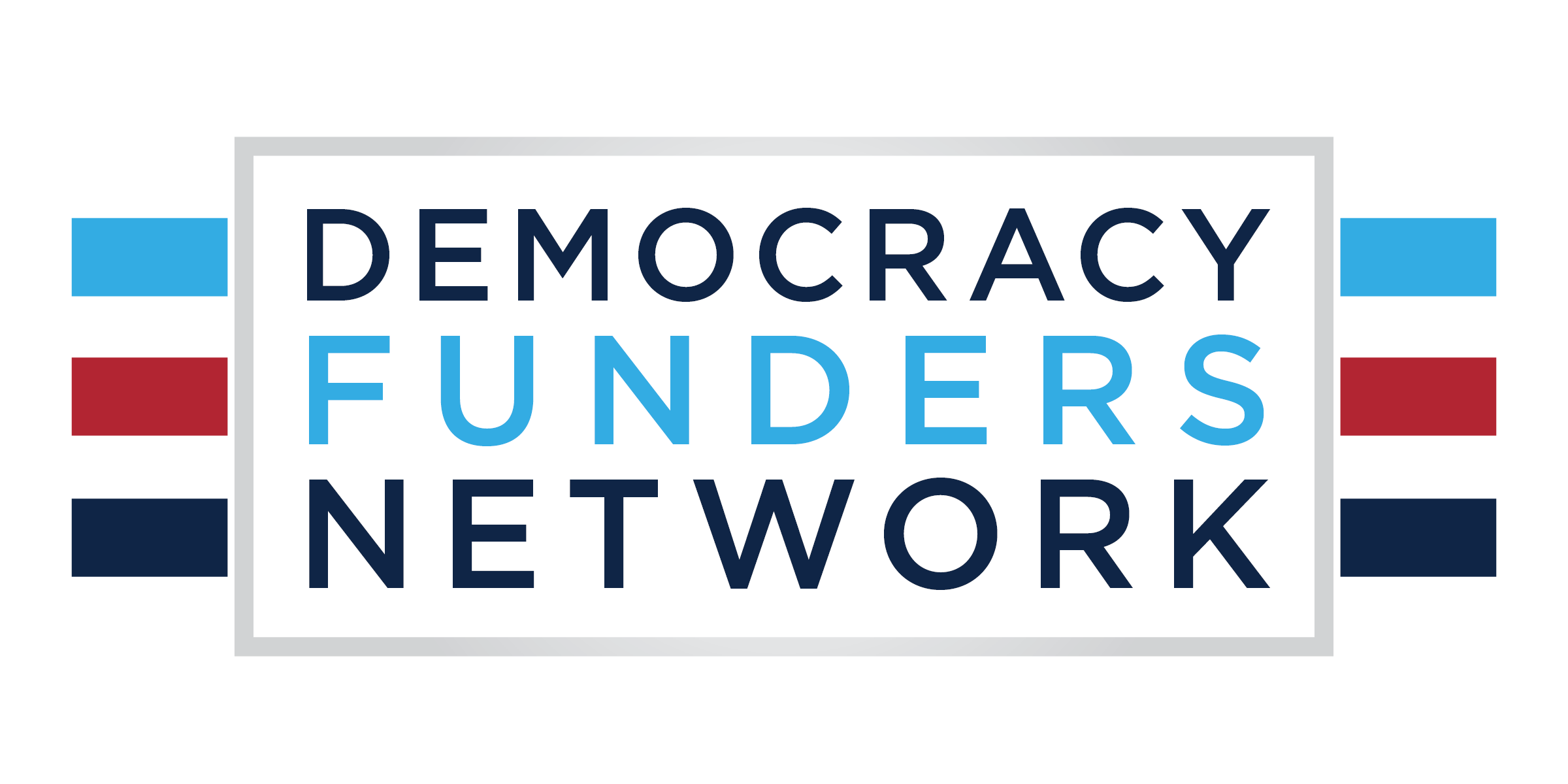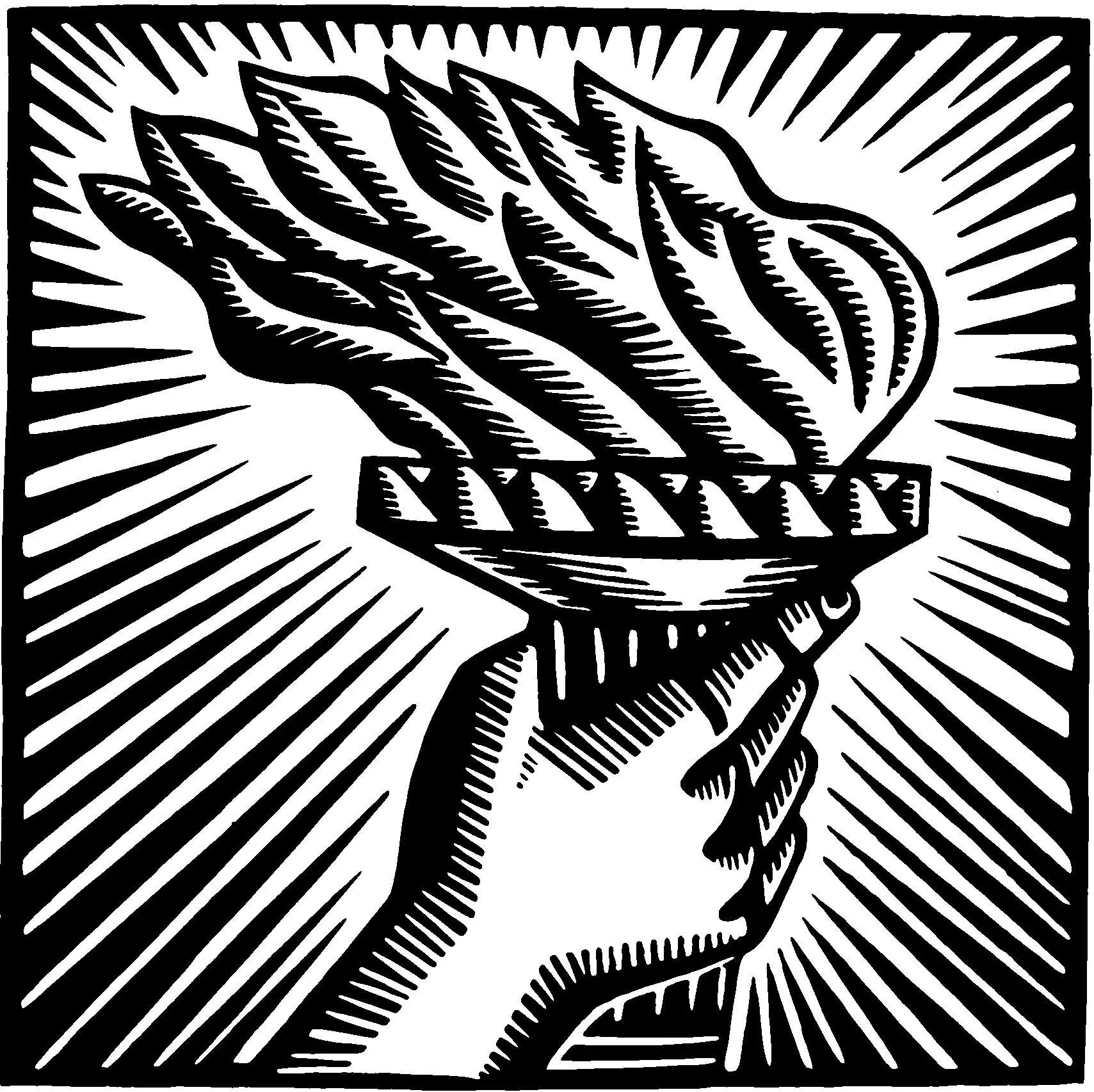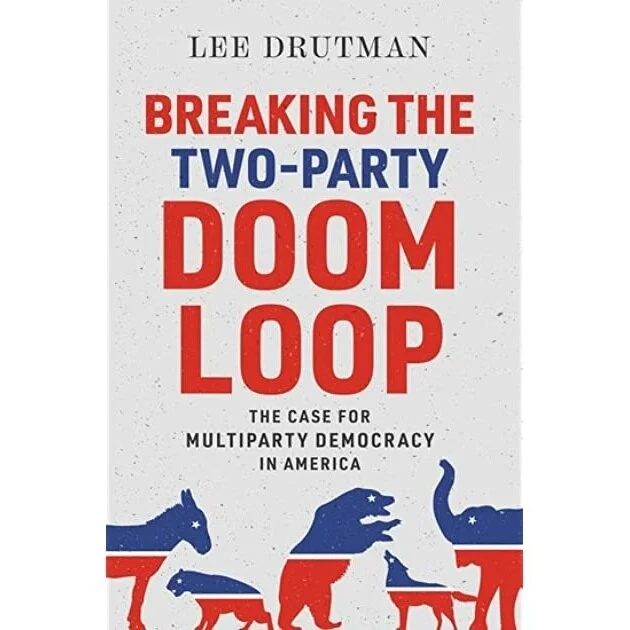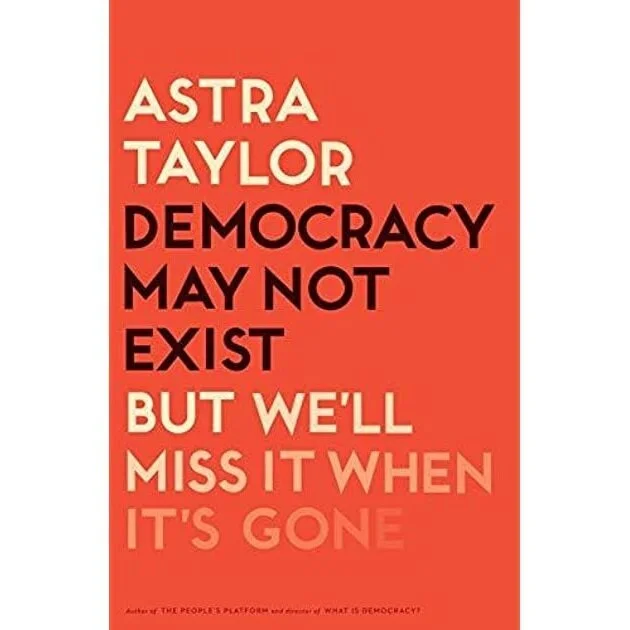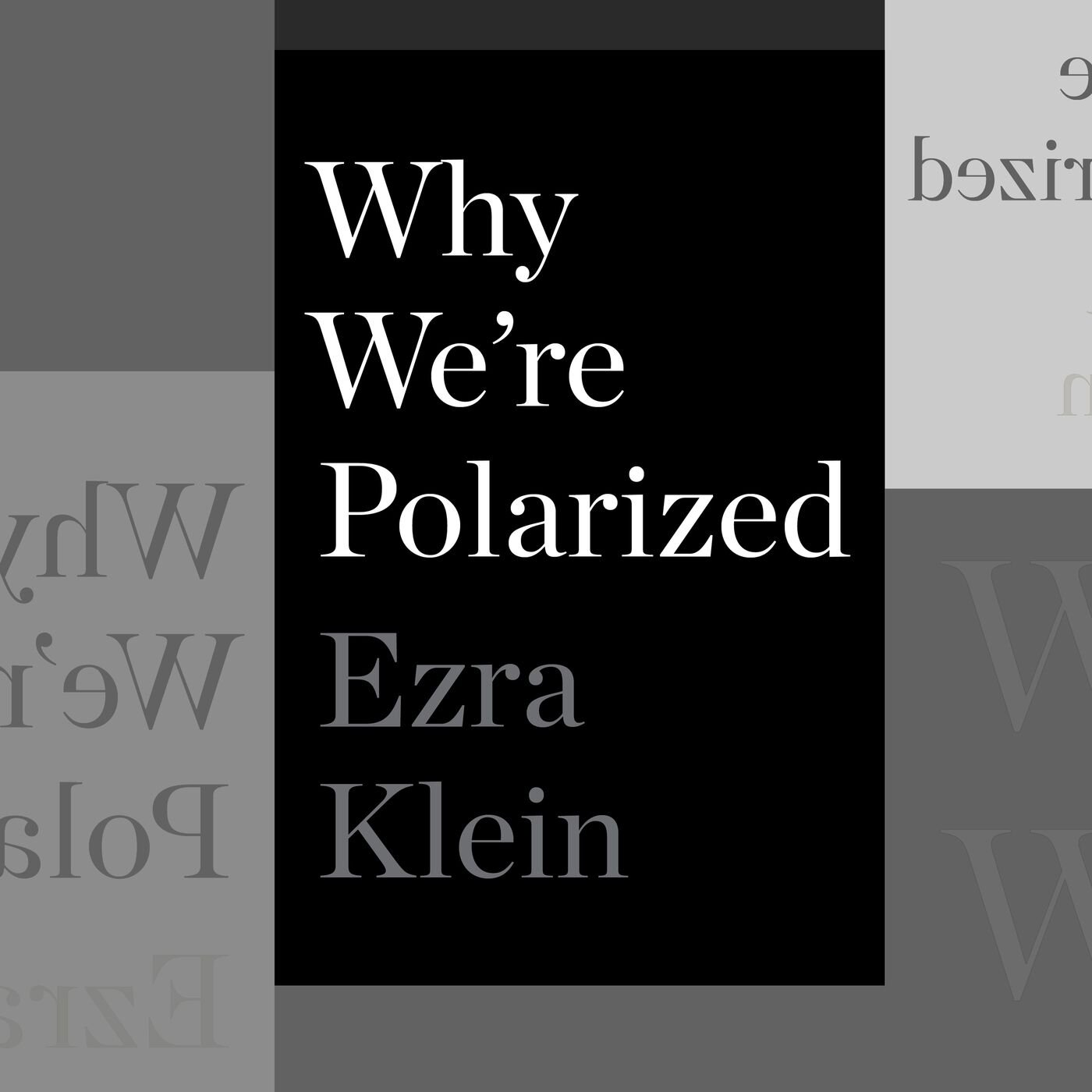In the face of the decline of democracy in the United States, it is beneficial to look toward other democracies which declined and recovered. This analysis reveals that often recovery takes decades, can remain incomplete, and that it requires the dedication of individuals committed to renewal.
In response to our current moment of public health and democracy crises, the Ad Hoc Committee for 2020 Election Fairness and Legitimacy published this report, detailing fourteen specific recommendations for immediate changes that should be implemented to increase voter confidence in the fairness and legitimacy of the 2020 elections.
Our global community is experiencing similar trends. Roberto Stefan Foa and Yascha Mounk offer a global perspective, demonstrating that declining trust in democracy is a problem around the world. See their findings in The Danger of Deconsolidation.
New America and Over Zero released a report that identifies insights from social science and international peacebuilding to help bolster U.S. resilience to political violence.
In his book, The Retreat of Western Liberalism, Edward Luce argues that we are on a menacing trajectory brought about by ignorance of what it took to build the West, arrogance towards society's economic losers, and complacency about our system's durability. Unless the West can rekindle an economy that produces gains for the majority of its people, its political liberties may be doomed.
Ben Wittes and Susan Hennessey describe how to interpret Donald Trump’s behavior as a president in the context of how we understand the presidency as an institution, detailing which aspects of Trump are radically different from past presidents and what aspects have historical antecedents.
Drawing on decades of research and a wide range of historical and global examples, from 1930s Europe to contemporary Hungary, Turkey, and Venezuela, to the American South during Jim Crow, Steven Levitsky and Daniel Ziblatt show how democracies fall to authoritarianism—and how U.S. democracy can be saved.
Yuval Levin diagnoses our collective social crisis as a debilitating absence of the forces that unite us and militate against alienation, and prescribes that we can renew societal ties to one another through building and rebuilding our collective institutions, from the military to churches and from families to schools.
Jonathan Haidt describes how human beings are designed to create morality and form groups, and how these two trends interrelate to produce different views on politics and religion in The Righteous Mind: Why Good People Are Divided by Politics and Religion.
Michael Lewis describes the damage done to the machinery of government by Donald Trump’s botched transition and political appointments, many of whom did not show up, and those who did were critically uninformed about their roles.
Daniel G. Newman presents an intriguing and accessible nonfiction graphic novel about the role wealth and influence play in American democracy. He shows the influence wealthy elites such as CEOs of corporations, billionaires, and lawmakers have over our democratic system, and explores potential solutions.
Christopher Achen and Larry Bartels show that the familiar ideal of thoughtful citizens steering the ship of state from the voting booth is fundamentally misguided and argue that democratic theory needs to be founded on identity groups and political parties, not on the preferences of individual voters.
Lee Drutman tells the story of how American politics became so toxic, why the country is trapped in a doom loop of escalating two-party warfare, and why it is destroying the shared sense of fairness and legitimacy on which democracy depends. He argues that the only way out is to have more partisanship-more parties, to short-circuit the zero-sum nature of binary partisan conflict.
Larry Diamond argues we are in a critical moment: the defense and advancement of democratic ideals relies on U.S. global leadership. If we do not reclaim our traditional place as the keystone of democracy, today's authoritarian swell could become a tsunami, providing an opening for Vladimir Putin, Xi Jinping, and their admirers to turn the twenty-first century into a dark time of despotism.
In this 2020 book, election law expert Richard Hasen vividly describes the four factors increasing distrust of the fairness and accuracy of American elections. Hasen goes on to offer concrete steps that need to be taken to restore trust in American elections before the democratic process is completely undermined.
In a collection of “civic sermons” delivered at gatherings around the nation, popular advocate for active citizenship Eric Liu addresses what it means to be an engaged American in today’s divided political landscape, and provides inspiration and solace in a time of anger, fear, and dismay over the state of the Union.
In The People vs. Democracy: Why Our Freedom Is in Danger and How to Save It, Yascha Mounk makes the case that growing dissatisfaction with democratic governance stemming from stagnating living standards, fear of multiethnic democracy, and the rise of social media, are driving people further towards populism.
Astra Taylor shows that real democracy―fully inclusive and completely egalitarian―has in fact never existed, and that realizing one requires grappling with the ideals of democracy and confronting difficult questions about the democratic process the values it’s supposed to protect.
In Why We’re Polarized, Ezra Klein reveals the structural and psychological forces behind America’s descent into division and dysfunction, discussing how polarization in America happens around identity, and how everything in American politics is “identity politics.”
In her one-volume political history of the United States, Jill Lepore explores the founding truths of the American experiment as articulated by Jefferson ―political equality, natural rights, and the sovereignty of the people and seeks to answer the question: has the nation, and democracy itself, delivered on that promise?
